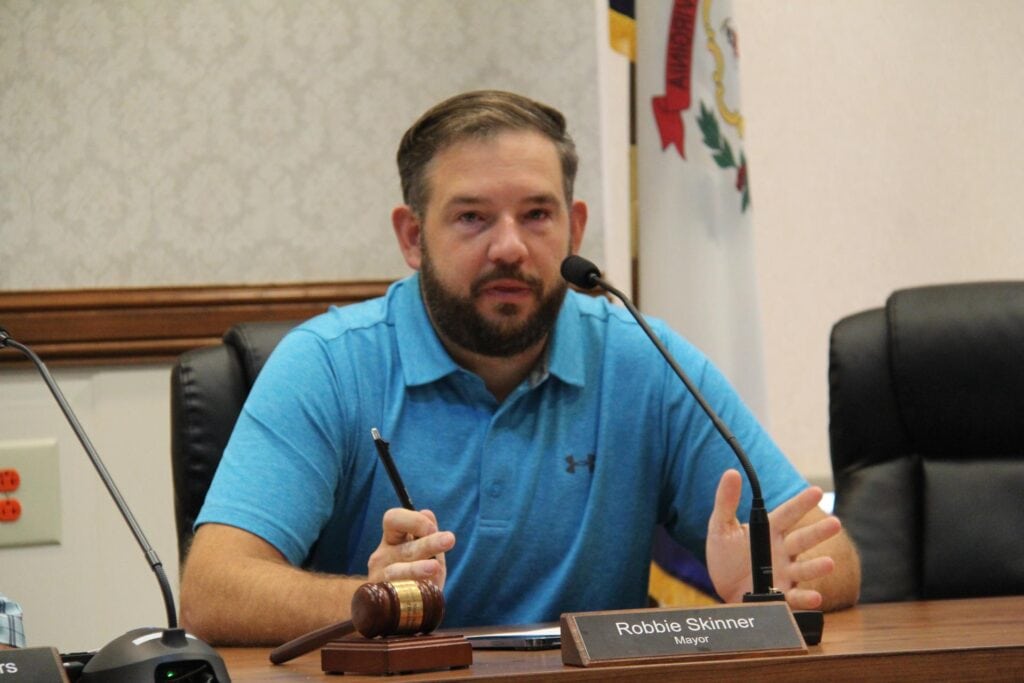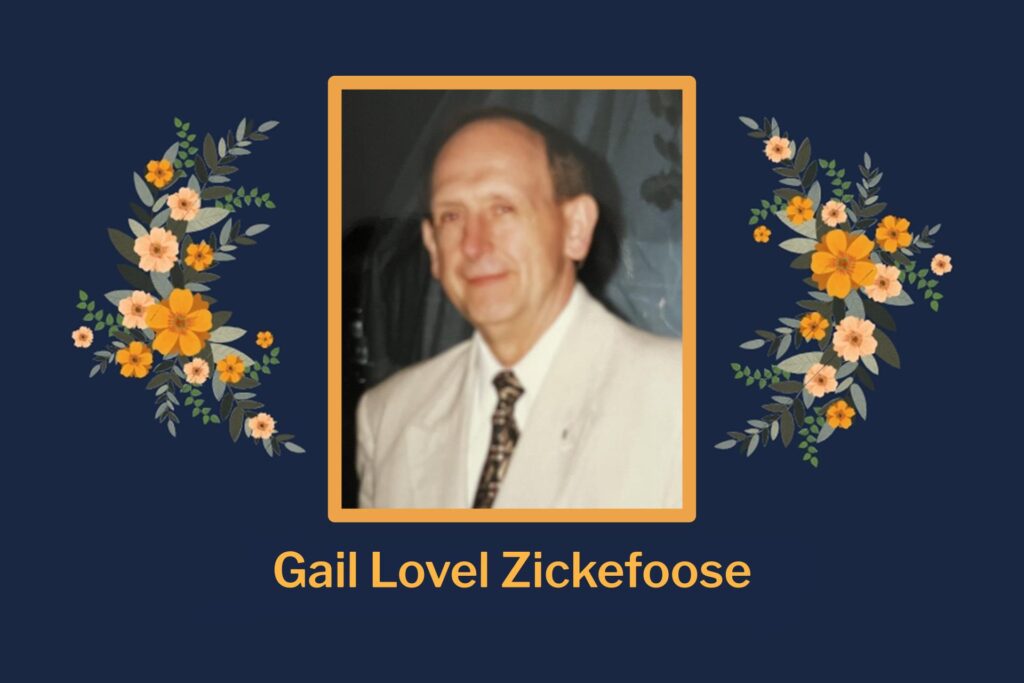BUCKHANNON – Addiction is a multi-faceted epidemic in Appalachia – and anywhere else, for that matter.
So the executive director of the Opportunity House, Inc. hopes a $200,000 federal grant recently awarded to the agency will help it focus on putting a dent in the problem from one specific angle – intervention.
At Buckhannon City Council’s June 6 meeting, Matt Kerner elaborated on the details of the Rural Community Opioid Response Planning grant, made available through the U.S. Health Resources and Services Administration. Kerner said while Community Care of West Virginia has previously focused on treating and preventing addiction, the Opportunity House’s grant will fund research into best practices for addiction intervention.
Kerner credited various agencies who had collaborated with the Opportunity House on the grant application, including the City of Buckhannon, Community Care of West Virginia, Buckhannon Medical Center, West Virginia Wesleyan College, Upshur County Schools and WVU Medicine St. Joseph’s Hospital.
Kerner noted Callie Cronin Sams, the city’s grant writer and information coordinator, had alerted him to the grant opportunity.
“She was a huge part of that,” Kerner said at last Thursday’s meeting. “She alerted me to the existence of the possibility, and that helped a lot. By the time we found out, we had to respond pretty quickly to get this grant completed. I never worked on a grant where we had this much cooperation from as many different organizations.”
“Everybody came together so we can continue to work together to look at what we can do in our community to improve our response to the current addiction crisis,” he added.
Community Care of West Virginia has utilized a similar grant to focus on how to prevent addiction and treat it medically, Kerner said. In contrast, the Opportunity House and its partners will be researching effective intervention methods.
“The areas that we’re going to be looking at is what we can do in the community as far as intervention goes and long-term recovery and evaluate what our needs are, and then hopefully, generally, these planning grants lead to unlocking the doors to other funds to allow us to implement [the plan] based on what we determine our needs to be,” he said.
The funding will allow the agency to hire three full-time people to work on the grant, including a program manager, program coordinator and research assistant. Although the amount awarded in the first year of the grant is $200K, work completed during the first phase is expected to lead to the distribution of additional federal funding.
“Once we turn in our results, and we tell SAMSHA (Substance Abuse and Mental Health Services Administration), ‘this is what this community needs to address these areas,’ then generally, there’s more money made available,” Kerner said. “Community Care had somewhere in the neighborhood of $2 million, and we’re hoping to have similar results.”
Kerner noted he’s particularly interested in developing more long-term recovery residential housing, as well as treating families in concert, rather than separating them.
“Obviously because of what I do, my focus is going to be on long-term recovery programs in the community,” said Kerner, who is on the board of directors of the West Virginia chapter of the National Alliance of Recovery Residences. “So, we’ll be looking at those guidelines at how we can implement them to basically get the maximum number of beds.”
He said a “scattered” pattern of residential housing is preferable to one large facility.
“We don’t want to further stigmatize people by having ‘that house’ or ‘that building,’” Kerner remarked.
In addition, the Opportunity House wants to see what can be done to keep families afflicted by addiction intact when feasible.
“Personally, I want to look at what we can do to treat families in place,” Kerner said. “There are probably thousands of grandparents in Upshur County now that are parenting children in complete contradiction to their life plans. This is not what they had planned for this point in their lives, but the parents are unavailable, so they’re forced into being parents again.”
The Opportunity House has experience treating entire families in one locale, he said.
“It wasn’t the intent of that program, but over a three-year period, we pulled 15 kids out of foster care and returned them to healthy families, and then treated the entire family in place,” he said. “Because CPS (Child Protective Services) is stretched so thin, when kids return to their families, [CPS] often withdraws services at the same time when they’re actually most needed, and our intent is to wrap the services in place and treat the whole family.”
Approximately 8,000 children are in flux in the state’s foster care system currently, and about 800 have been sent out of state due to a lack of willing and able foster families, Kerner said.
“So, we’re hoping to be able to put a dent in that locally and improve quality of life for people here by making them not go all the way down that rabbit hole by hopefully intervening early before the child has to be traumatized by pulling them out of a home and putting them somewhere else.”
Kerner emphasized the $200,000 will fund research, so no community plan of action has yet been crafted.
“This is a research grant, so we’ve got to make sure that that’s something that’s viable,” he said. “We can’t really just predict what our research is going to show. We need to do the work first.”
Mayor David McCauley commended the Opportunity House for doing the bulk of the work on the grant application while simultaneously applauding communitywide collaboration.
“I think it’s so worthy of reiteration that you talk about how this collaboratively occurred,” McCauley said. “Of course, we always appreciate what Callie does for us internally and externally. But the fact that Rick Simons with Community Care and Skip Gjolberg with St. Joseph’s [cooperated], and you had endorsements from Wesleyan College and school system, that’s important. When we all pull together, great things happen.”
Kerner agreed.
“When we work in our separate silos, very little is going to happen … we would be beating on dead horses or duplicating services unnecessarily,” he commented. “I think this will give us a maximum chance to make several positive impacts on local families.”













